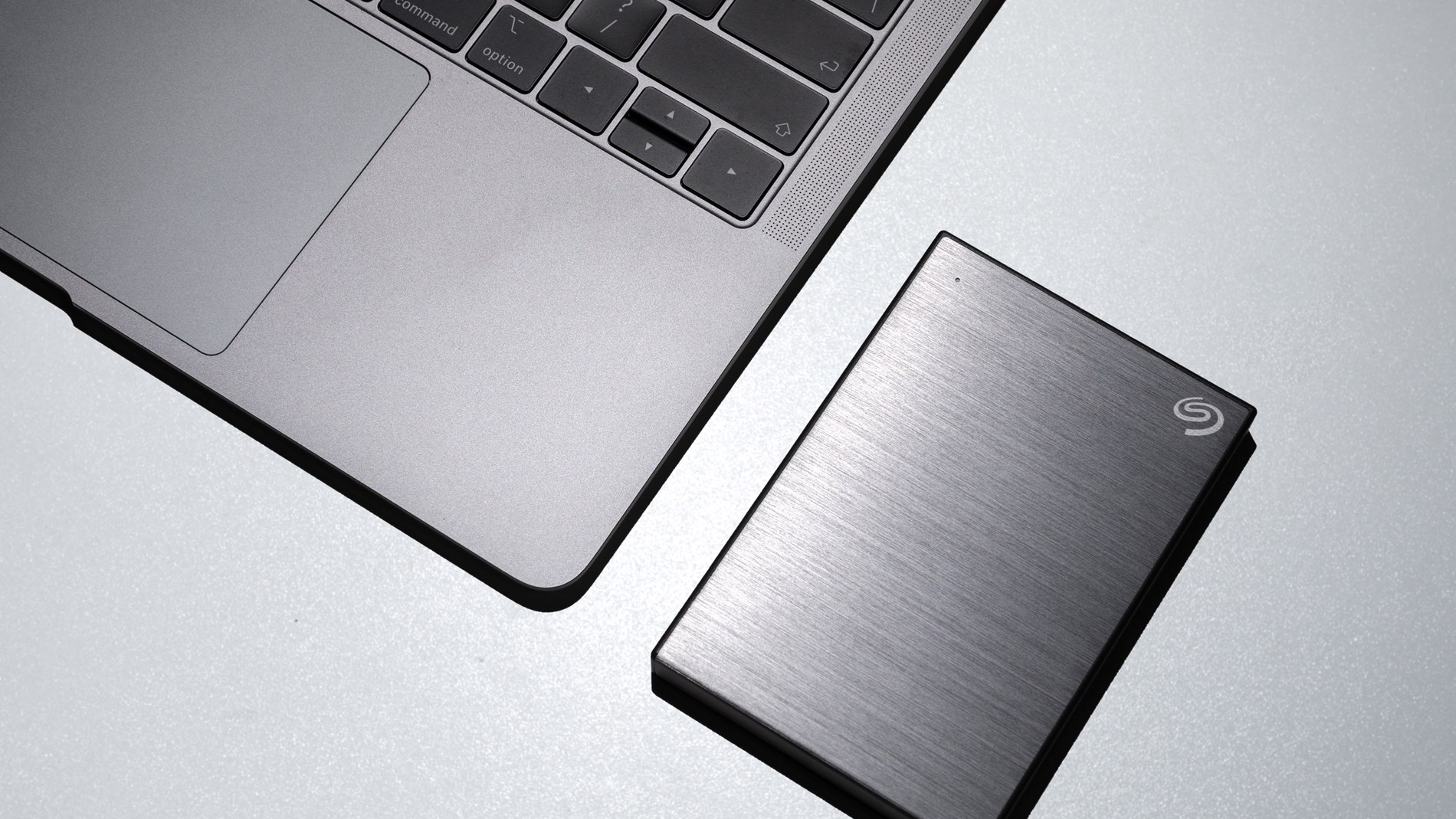Remuneration for private copying

Since 2001, the right of reproduction has been a matter under EU law and a considerable harmonisation across the member states has taken place. EU directive 2001/29/EF of 22 May 2001 on the harmonisation of certain aspects of copyright and related rights in the information society (the InfoSoc directive) requires the member states to protect the rightholders' exclusive right of reproduction by any means and in any form.
The Danish state has permitted private individuals to copy music, films and television programs for private use (so-called private copying) without at the same time securing that the rightholders receive an appropriate remuneration for the use of their work when the private copying takes place on media with internal memory such as PCs, tablets, smart phones, hard drive recorders as required by the InfoSoc directive.
On behalf of the rightsholders, Copydan KulturPlus has since 2000 tried to reach a solution to this situation through negotiations with the Danish state but without any success. In particular, due to the political unwillingness to impose remuneration for private copying on consumer devices and IT equipment, numerous promises from the Danish Ministry of Culture have not resulted in an implementation of the InfoSoc directive, despite the current Danish legislation being evidently contrary to EU law.
By avoiding implementation of the InfoSoc directive, the Danish state has violated EU law and inflicted a considerable loss on the rightholders, a loss the Danish state is liable to compensate. Consequently, Copydan KulturPlus sees no alternative but to commence legal proceedings against the Danish state on behalf of the rightholders relating to the Danish state's failure to restructure the Danish private copying scheme as well as filing a complaint with the EU Commission relating to the Danish state's failure to comply with EU law.

